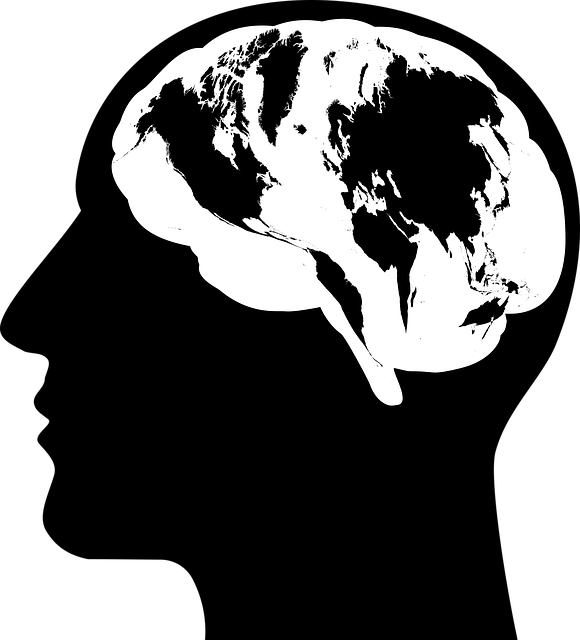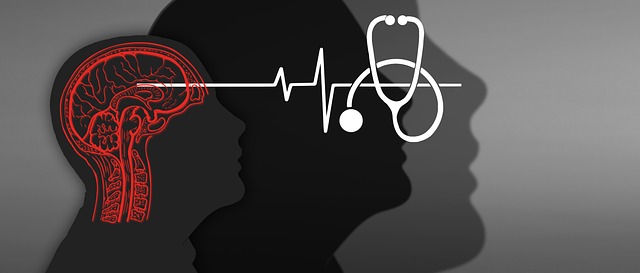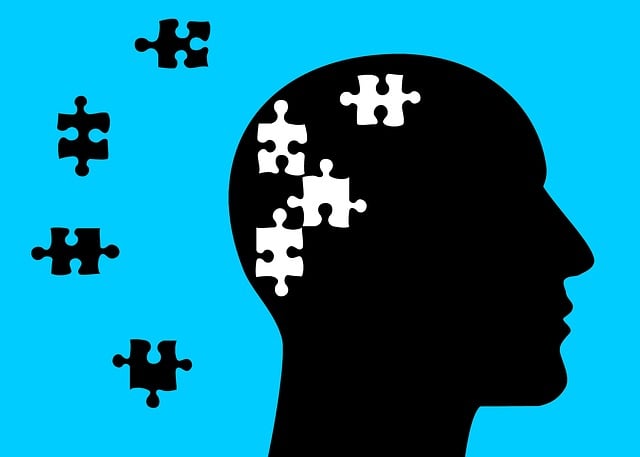Lafayette Psychological Testing & Therapy offers inclusive mental health education programs that go beyond disease absence, focusing on emotional, psychological, and social well-being. Through interactive workshops, case studies, role-playing, real-world examples, and personal narratives, these programs equip individuals with tools for navigating complex conversations, fostering empathy, and understanding diverse perspectives through cultural competency training. The holistic approach promotes inner strength development, empowers resilient communities, and enhances knowledge retention in healthcare settings. Strategic planning, integrating therapeutic approaches, evidence-based practices, and policy advocacy ensure the program's success, creating safe spaces for open communication and community collaboration.
Mental health is an integral part of overall well-being, yet it often goes overlooked. This article explores the design of comprehensive mental health education programs, using Lafayette Psychological Testing & Therapy as a model for excellence. From establishing a solid foundation through ‘Understanding Mental Health’ to implementing engaging content strategies and providing necessary support during delivery, these components ensure effective learning experiences that empower individuals to prioritize their psychological wellness.
- Understanding Mental Health: Creating a Foundation for Education
- Designing Engaging Content: Strategies and Techniques for Effective Learning
- Implementation and Support: Ensuring Success in Program Delivery
Understanding Mental Health: Creating a Foundation for Education

Mental health education programs must begin with a foundational understanding of what mental health actually is. This involves demystifying common misconceptions and providing an inclusive definition that acknowledges the wide range of human experience. At Lafayette Psychological Testing & Therapy, we recognize that mental health encompasses not just the absence of disease, but also emotional, psychological, and social well-being. Such a holistic perspective prepares individuals to recognize signs of struggle in themselves and others, fostering an environment of support and early intervention.
A strong educational program should equip learners with the tools to navigate complex conversations about mental health. This includes promoting empathy building strategies that encourage understanding and connection. By integrating these concepts within the context of healthcare provider cultural competency training, participants gain valuable insights into diverse perspectives and experiences, enhancing their ability to offer culturally sensitive support. Ultimately, creating a robust foundation in mental health literacy empowers individuals to cultivate inner strength development, ultimately contributing to resilient communities.
Designing Engaging Content: Strategies and Techniques for Effective Learning

Designing engaging content is pivotal for the success of any mental health education program, especially when addressing complex topics like burnout prevention strategies for healthcare providers. At Lafayette Psychological Testing & Therapy, we’ve found that incorporating diverse learning experiences can significantly enhance knowledge retention and foster meaningful discussions. Interactive workshops, case studies, and role-playing exercises allow participants to actively engage with the material, making abstract concepts more tangible.
By weaving in real-world examples and personal narratives, especially those highlighting successful mental health policy analysis and advocacy efforts, the content becomes relevant and resonant. Compassion cultivation practices are another effective strategy; encouraging empathy and understanding can create a supportive environment where learners feel comfortable exploring sensitive issues openly. This approach not only enhances learning but also promotes a culture of care within healthcare settings.
Implementation and Support: Ensuring Success in Program Delivery

Implementing a mental health education program requires careful planning and support to ensure its success. At Lafayette Psychological Testing & Therapy, we understand that creating a comprehensive curriculum involves integrating various therapeutic approaches and evidence-based practices. This includes incorporating emotional healing processes, compassion cultivation practices, and Mental Health Policy Analysis and Advocacy to address the diverse needs of participants.
A robust implementation strategy should focus on providing adequate training for facilitators, establishing clear communication channels with stakeholders, and creating a safe and inclusive learning environment. Regular monitoring and evaluation are essential to gather feedback, identify areas for improvement, and ensure that the program aligns with its intended goals. By fostering collaboration among professionals and community members, Lafayette Psychological Testing & Therapy aims to promote mental wellness through accessible and effective education initiatives.
Mental health education programs play a pivotal role in fostering well-being, and by incorporating strategies from understanding mental health, designing engaging content, and providing robust implementation and support, we can create impactful initiatives. Just as Lafayette Psychological Testing & Therapy leads the way in clinical services, thoughtful program design ensures that educational efforts resonate with learners, promoting mental resilience and informed decision-making. Through collaborative efforts and a holistic approach, we can empower individuals to navigate their mental health journeys with confidence and knowledge.











